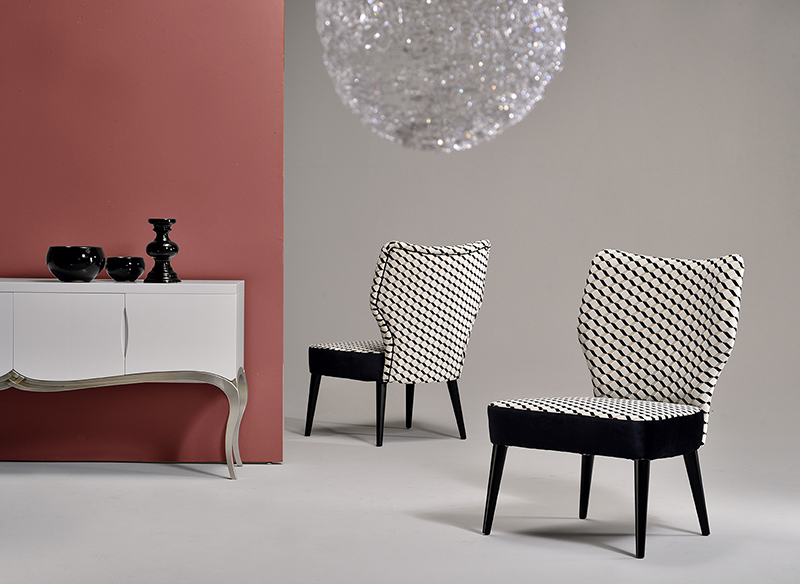If thinking about changing the furniture in our home is daunting, just imagine the pressure you’d feel when faced with the prospect of tackling a huge project to furnish an entire accommodation facility.
Furnishing a hotel includes a long list of items that need to be carefully placed in many different environments: the entrance hall, restaurant, breakfast room, bar, guest rooms, and sometimes outdoor areas, gym, spa, meeting rooms, events settings as well.
The big dilemma is: is it better to do everything yourself and try to save money or seek the help of specialist suppliers and perhaps opt for contract furniture?
The factors that guide this choice are many and various. In this article, we’ll try to shed some light in the decision making process and provide some answers.
Hotel furniture…but what size?
It’s obvious already from the introduction to this article that one of the biggest factors to consider is the size of the hotel, the number of rooms and services that are provided to guests.

Furnishing small hotels, those more typically family-run establishments, may not be so complex, especially if the project is broken down into manageable steps, which aids in helping prioritise the work that needs doing. If it’s possible to update the entrance hall first, then the guest rooms and finally the restaurant, then the mental and physical demands can be coped with even without the support of a team of interior design experts.
It’s quite another matter to redecorate a hundred rooms in a luxury hotel. First off, you need to think about how just one small oversight could potentially mushroom into a major issue: for instance, if you buy a wardrobe and then discover it won’t fit into all the guest rooms.
Also, in larger establishments you need to think about the consistency of furnishings across multiple settings. A hotel rarely mixes differing styles at random. At the most it will have different aesthetics for settings with different functions, but always coherent with a project that’s tightly focussed on marketing strategies and good taste.
In this case, the expertise of specialist designers, or better still a general contractor, is essential. The latter is basically a company which is entrusted with the complete fit out of one or more environments.
Depending on the agreement, a general contractor can be brought in to deal with: walls, basic systems, painting the walls, interior design, and sourcing and installing furniture and furnishing accessories. Very often, subcontracting firms who are specialists in individual trades intervene to carry out all these jobs.
Is hotel contract furniture always a good idea?
You may think it’s expensive to outsource such work instead of dealing with the furnishing of your hotel on your own, but that’s not always the case.

Over and above the size of the establishment, it’s often convenient to rely on contract furniture precisely because you’re relying on experts who know the sector and can assist in the selection of suitable furniture. This means they’ll be able to spend the allocated budget wisely.
Time is an asset that is often undervalued. But if you do the sums and calculate hours lost in euros selecting furniture, styles, combinations, intelligent solutions to get the most out of the available space, and you’ll soon realise how it really makes sense to leave interior design to the experts.
It’s not just general contractors that deal with contracts for complex projects. When hotel renovation concerns only the furnishings, and not the structure or the main systems, you can turn to interior contractors who are specialists in finding and siting furniture perfectly for the different environments.
The final word on hotel furniture
Except in rare and a very limited number of cases, seeking the assistance of professionals is always better than jumping in and doing-it-yourself.
Relying on the support of an individual or perhaps even a team that manages hotel furnishings every day is the ideal solution for those wishing to avoid the stress and minimise the downtime that fitting rooms with new furniture inevitably causes.


















